Home>Garden Essentials>How Long For Bonsai Seeds To Sprout
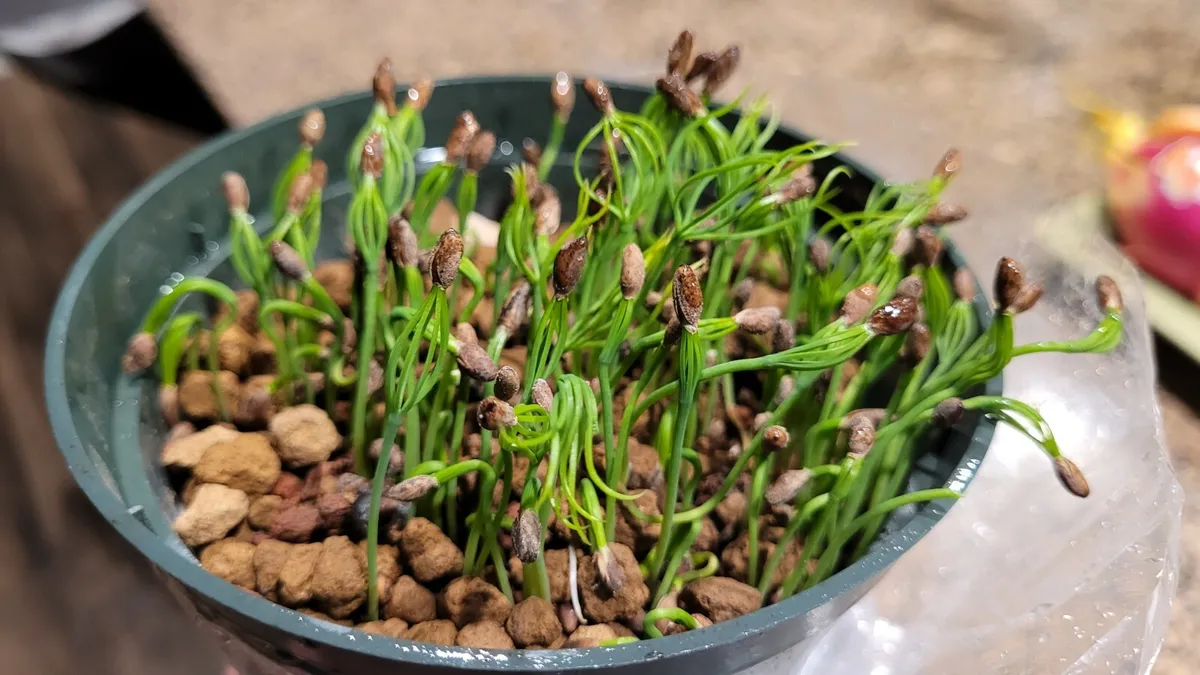

Garden Essentials
How Long For Bonsai Seeds To Sprout
Modified: May 6, 2024
Learn how long it takes for bonsai seeds to sprout in your garden. Discover expert tips and tricks for successful germination.
(Many of the links in this article redirect to a specific reviewed product. Your purchase of these products through affiliate links helps to generate commission for Storables.com, at no extra cost. Learn more)
Introduction
Welcome to the fascinating world of bonsai gardening! If you have recently embarked on your bonsai journey or are considering starting one, you may have wondered about the germination process of bonsai seeds. How long does it take for bonsai seeds to sprout? This is a common question among bonsai enthusiasts, and understanding the factors that influence seed germination can help you achieve greater success in your bonsai projects.
Germinating bonsai seeds is an integral part of the bonsai cultivation process. It allows you to start from the very beginning and witness the growth and development of your bonsai tree from seed to a thriving miniature masterpiece. However, it’s important to note that the germination period can vary depending on several factors, including the type of bonsai tree, environmental conditions, and the quality of the seeds.
In this article, we will explore the various factors that affect bonsai seed germination, provide insights into ideal conditions for sprouting, discuss the germination periods of common bonsai tree seeds, and offer tips for promoting successful seed sprouting.
So, let’s dive in and uncover the mysteries of bonsai seed germination!
Key Takeaways:
- Bonsai seed germination success depends on factors like seed quality, temperature, moisture, and patience. Understanding these factors can help you create the ideal environment for your bonsai seeds to sprout and thrive.
- Different bonsai tree species have varying germination periods, ranging from a few weeks to several months. By providing the right care and adhering to specific requirements, you can witness the magical transformation of tiny seeds into magnificent bonsai trees.
Read more: How Long For Seeds To Sprout
Factors Affecting Bonsai Seed Germination
Bonsai seed germination can be influenced by several key factors. Understanding these factors is crucial in ensuring successful sprouting and healthy growth of your bonsai trees. Let’s take a closer look at some of the most significant factors:
- Seed Quality: The quality of bonsai seeds plays a vital role in the germination process. It is essential to procure seeds from reliable sources to ensure their viability. Fresh and high-quality seeds have a higher likelihood of germinating successfully.
- Seed Treatment: Some bonsai enthusiasts employ pre-germination techniques to increase the chances of successful germination. Scarification, soaking, or stratification are common treatments used to break seed dormancy and promote germination.
- Temperature: Seeds have temperature preferences for optimal germination. Different bonsai tree species have varying temperature requirements during germination. Generally, warm-season trees prefer temperatures between 70°F to 85°F (21°C to 29°C), while cool-season trees thrive in temperatures ranging from 60°F to 70°F (15°C to 21°C).
- Moisture: Adequate moisture is essential for seed germination. Seeds require a moist environment to absorb water and initiate the germination process. However, excessive moisture can lead to rot or fungal infections, so it’s crucial to maintain a balanced moisture level throughout the germination period.
- Light Conditions: Light requirements for bonsai seed germination vary among different tree species. While some seeds require exposure to light for germination, others prefer darkness. It is essential to research the specific light conditions required for the particular bonsai tree species you are cultivating.
- Air Circulation: Good air circulation around the germinating seeds promotes proper oxygen exchange and prevents the growth of mold or fungus. Ensuring proper ventilation is crucial for successful seed germination.
- Seed Depth: The depth at which bonsai seeds are sown can impact germination. Some seeds require exposure to light and should be placed on top of the soil, while others benefit from being covered lightly with soil.
By taking these factors into consideration, you can create an ideal environment for your bonsai seeds to germinate and thrive.
Ideal Conditions for Bonsai Seed Sprouting
Creating the perfect conditions for bonsai seed sprouting is key to ensuring successful germination. While specific requirements may vary depending on the bonsai tree species, there are some general guidelines to follow. Let’s explore the ideal conditions for promoting bonsai seed sprouting:
- Soil: Choose a well-draining soil mixture specifically designed for seed germination. Avoid using heavy or compacted soil that can hinder root development. A mixture of organic matter, such as peat moss or compost, along with coarse sand or perlite, provides good drainage and aeration.
- Temperature: Maintaining the appropriate temperature is crucial for successful seed sprouting. Most bonsai tree species prefer temperatures between 70°F to 85°F (21°C to 29°C) during germination. Consider using a heating mat or a warm spot in your home to create a stable temperature environment.
- Moisture: Providing adequate moisture is essential for seed sprouting. It’s best to keep the soil consistently moist but not waterlogged. Mist the soil surface regularly to maintain the required moisture level. Consider covering the pots with plastic wrap or using a humidity dome to create a greenhouse-like environment.
- Light: Light requirements vary among different bonsai species. Some seeds require exposure to light, while others prefer darkness. Research the light preferences of the specific bonsai tree species you are cultivating and provide the appropriate light conditions accordingly. If seeds require light, place them near a sunny window or use grow lights to ensure they receive sufficient illumination.
- Patience: Bonsai seed sprouting requires patience and dedication. Some seeds may take weeks or even months to germinate. Be patient and avoid the temptation to disturb the seeds or give up too soon. Monitor the pots regularly, maintain the optimal conditions, and be prepared for the gradual journey of your bonsai tree’s growth.
- Labeling: Keep track of the different bonsai seeds you have sown by labeling each pot. This will help you identify the progress of each seed and prevent confusion when multiple species are being germinated simultaneously.
By providing the ideal conditions of soil, temperature, moisture, light, and patience, you can greatly enhance the chances of successful bonsai seed sprouting. Remember, each bonsai species may have specific requirements, so it’s important to research and adapt accordingly.
Germination Period of Common Bonsai Tree Seeds
The germination period of bonsai tree seeds can vary significantly depending on the species. Some seeds may sprout quickly, while others require a longer period of time. Below are the typical germination periods for some common bonsai tree seeds:
- Japanese Maple (Acer palmatum): Japanese Maple seeds usually have a germination period of 2 to 3 months. They often require cold stratification, where the seeds are exposed to cold temperatures for a period of time to break dormancy.
- Chinese Elm (Ulmus parvifolia): Chinese Elm seeds germinate fairly quickly, usually within 1 to 2 weeks. They prefer warm temperatures for sprouting and can be easily grown from seed.
- Juniper (Juniperus spp.): Juniper seeds have a variable germination period, ranging from a few weeks to several months. They typically require cold stratification to initiate germination.
- Pine (Pinus spp.): Pine seeds have a longer germination period, often ranging from 2 to 3 months. They also require cold stratification to break dormancy and promote sprouting.
- Japanese Black Pine (Pinus thunbergii): Japanese Black Pine seeds have a longer germination period of about 6 to 8 weeks. They need to experience a period of cold stratification before they will germinate.
- Chinese Serissa (Serissa foetida): Chinese Serissa seeds typically have a germination period of about 2 to 4 weeks. They prefer warm temperatures and consistent moisture for sprouting.
- Japanese White Pine (Pinus parviflora): Japanese White Pine seeds have a relatively long germination period, often taking 2 to 3 months for sprouting. Cold stratification is essential for successful germination.
Please note that these germination periods are general guidelines and can vary depending on environmental conditions, seed quality, and specific cultivars within each species. It’s important to be patient and provide the appropriate conditions for the seeds to sprout.
Understanding the typical germination periods of common bonsai tree seeds can help you plan and manage your expectations when embarking on your bonsai journey. Remember to adjust your care and keep an eye on the pots as you await the magical moment when those tiny seeds start to sprout.
Bonsai seeds can take anywhere from 1-12 months to sprout, depending on the species. Patience is key when growing bonsai from seeds. Keep the soil consistently moist and provide the seeds with warmth and light to encourage germination.
Tips for Promoting Bonsai Seed Sprouting
While each bonsai tree species may have specific requirements for successful seed sprouting, there are some general tips that can help increase your chances of promoting germination. By following these guidelines, you can create an optimal environment and facilitate the sprouting process. Here are some tips for promoting bonsai seed sprouting:
- Seed Scarification: Some bonsai seeds have hard outer coats that can be difficult for water to penetrate. Scarification, which involves nicking or lightly sanding the seed coat, can help improve water absorption and promote germination. Be careful not to damage the seed embryo during this process.
- Seed Soaking: Soaking seeds in warm water for 24 hours before planting can help soften the seed coat and promote faster germination. This technique is especially effective for seeds with hard shells.
- Stratification: Cold stratification is a technique used to simulate winter conditions and break seed dormancy. Seeds that require stratification need to be placed in a cold and moist environment for a specific period. Research the stratification requirements for the bonsai tree species you are growing and follow the appropriate process.
- Consistent Moisture: Maintaining consistent moisture is crucial for seed sprouting. Keep the soil evenly moist but not saturated. Mist the soil regularly to prevent it from drying out. Use a humidity dome or cover the pots with plastic wrap to create a moist environment.
- Warmth: Providing a warm environment can help stimulate seed germination. Use a heating mat or place the pots in a warm spot, such as near a radiator or on top of a refrigerator. Remember to monitor the temperature and avoid overheating the seeds.
- Good Air Circulation: Proper air circulation is essential for preventing mold and fungal growth, which can hinder seed sprouting. Ensure there is adequate ventilation around the seeds by using a fan or keeping the pots in a well-ventilated area.
- Patience and Monitoring: Bonsai seed sprouting can take time, so practice patience and avoid disturbing the seeds unnecessarily. Monitor the pots regularly to check for signs of sprouting or any issues that may arise. Be prepared for the gradual growth of your bonsai tree from seed to a beautiful miniature tree.
By following these tips and providing the optimal conditions for your bonsai seeds, you can greatly increase the chances of successful sprouting. Remember, each species may have specific requirements, so it’s important to research and adapt your care accordingly. Enjoy the rewarding process of watching your bonsai seeds come to life!
Read more: How Long For Parsley Seeds To Sprout
Common Challenges and Solutions in Bonsai Seed Germination
Bonsai seed germination can sometimes be challenging, even for experienced gardeners. Various factors can hinder the sprouting process, but with a little troubleshooting, you can overcome these obstacles. Here are some common challenges in bonsai seed germination and their potential solutions:
- Poor Seed Quality: Low-quality or old seeds may have reduced viability, making it difficult for them to germinate. To overcome this challenge, ensure you obtain fresh and high-quality seeds from reputable sources. Proper storage of seeds in a cool and dry place can also help maintain their viability.
- Seed Dormancy: Some bonsai seeds have natural dormancy mechanisms that prevent them from sprouting right away. To break seed dormancy, try scarification, which involves lightly scratching or nicking the seed coat, or stratification, where seeds are exposed to cold temperatures for a specific period. Research the specific requirements for each seed species to ensure successful germination.
- Inconsistent Moisture: Moisture is critical for seed germination, but overly wet or dry conditions can hinder sprouting. Be mindful of providing consistent moisture by misting the soil regularly and ensuring proper drainage. Avoid overwatering, as it can lead to rot or fungal infections.
- Incorrect Temperature: Temperature plays a crucial role in seed germination. If the temperature is too low or too high for the specific bonsai species, it can significantly impact sprouting. Research the temperature preferences of the seeds you are working with and provide the appropriate conditions. Using a heating mat or creating a warm microclimate can help maintain the ideal temperature.
- Insufficient Light: Some bonsai seeds require exposure to light for germination, while others prefer darkness. If you are unsure of the light requirements for a specific species, it’s best to research and provide the appropriate conditions. Placing the pots near a sunny window or using grow lights can ensure sufficient light for germination.
- Pest and Disease Issues: Pests and diseases can also pose challenges during seed germination. Insects, fungi, or pathogens can attack the delicate seedlings, hindering their growth. To prevent and manage these issues, practice good hygiene, keep the growing area clean, and monitor the seedlings regularly. If necessary, use organic pest control methods or consult a professional if the problem persists.
- Overhandling or Disturbance: Bonsai seeds are delicate, and excessive handling or disturbance can disrupt their germination process. Avoid unnecessary touching or moving of the pots to allow the seeds to sprout undisturbed. Be patient and observe from a distance, providing the necessary care and attention without interfering too much.
By identifying and addressing these common challenges, you can improve your success rate in bonsai seed germination. Remember that each bonsai species may have its own unique requirements, so gather specific information and adapt your methods accordingly. With perseverance and knowledge, you can overcome obstacles and enjoy the rewarding experience of growing bonsai trees from seeds.
Conclusion
Bonsai seed germination is a fascinating and rewarding process that allows you to witness the miraculous transformation of tiny seeds into magnificent bonsai trees. While it may require patience and attention to detail, understanding the factors that affect germination, creating ideal conditions, and overcoming common challenges can greatly increase your chances of successful sprouting.
The germination period can vary depending on the bonsai tree species, ranging from a few weeks to several months. Factors like seed quality, treatment, temperature, moisture, light, and air circulation all play significant roles in promoting successful germination. By providing the right care and adhering to the specific requirements of each species, you can create the optimal environment for your bonsai seeds to sprout and thrive.
It is important to remember that bonsai gardening is an art form that requires the careful cultivation and nurturing of these miniature trees. The journey from seed to fully grown bonsai tree is a gradual and transformative process, and it is crucial to exercise patience and dedication throughout the germination period.
Whether you are just starting out in the world of bonsai or are a seasoned enthusiast, understanding the intricacies of bonsai seed germination can enhance your overall experience. Experiment with different techniques, learn from your successes and failures, and continue to expand your knowledge and skills in the world of bonsai gardening.
By embracing the art of bonsai seed sprouting, you not only create beautiful living creations but also cultivate a deep connection with nature and the beauty of miniaturized trees. So, grab those seeds, provide them with the ideal conditions, and embark on an incredible journey of bonsai cultivation from the very beginning. Happy gardening!
Curious about the ins and outs of seed germination overall? Our detailed guide sheds light on the varied timelines and techniques for germinating different types of seeds. Armed with this knowledge, you'll enhance your gardening skills and ensure that your seeds turn into thriving plants.
Frequently Asked Questions about How Long For Bonsai Seeds To Sprout
Was this page helpful?
At Storables.com, we guarantee accurate and reliable information. Our content, validated by Expert Board Contributors, is crafted following stringent Editorial Policies. We're committed to providing you with well-researched, expert-backed insights for all your informational needs.
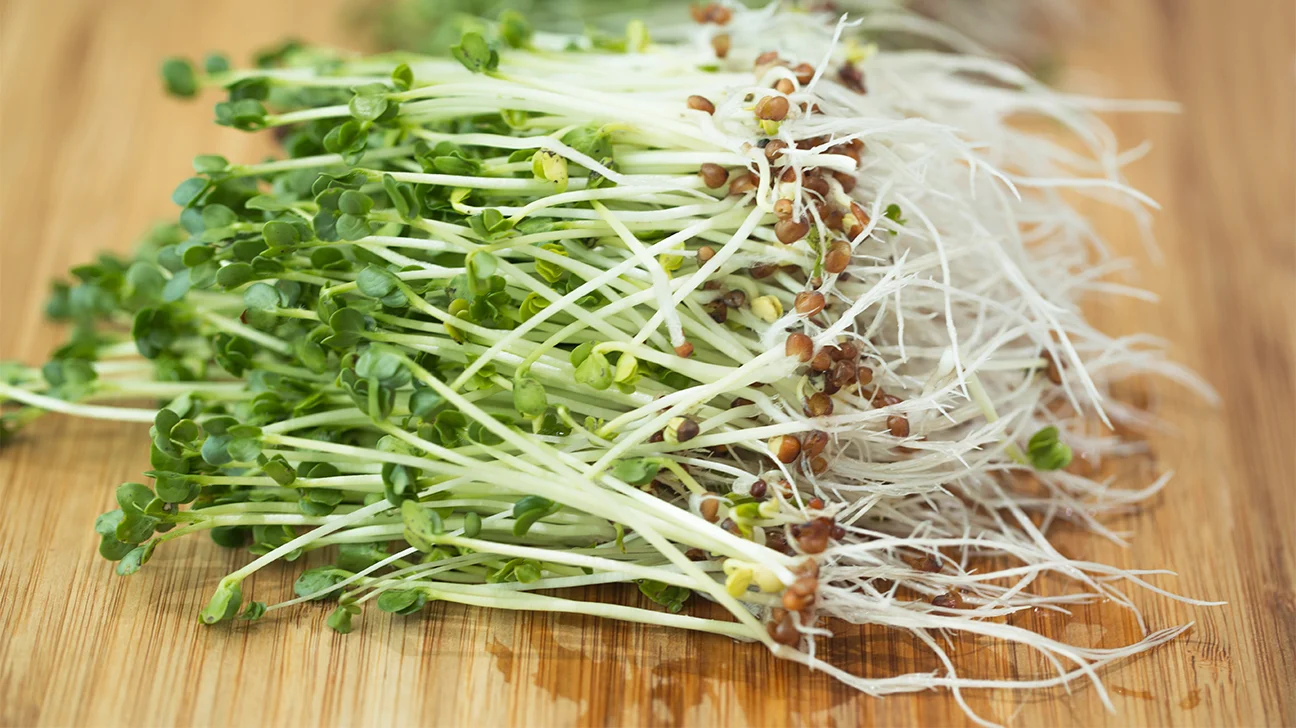
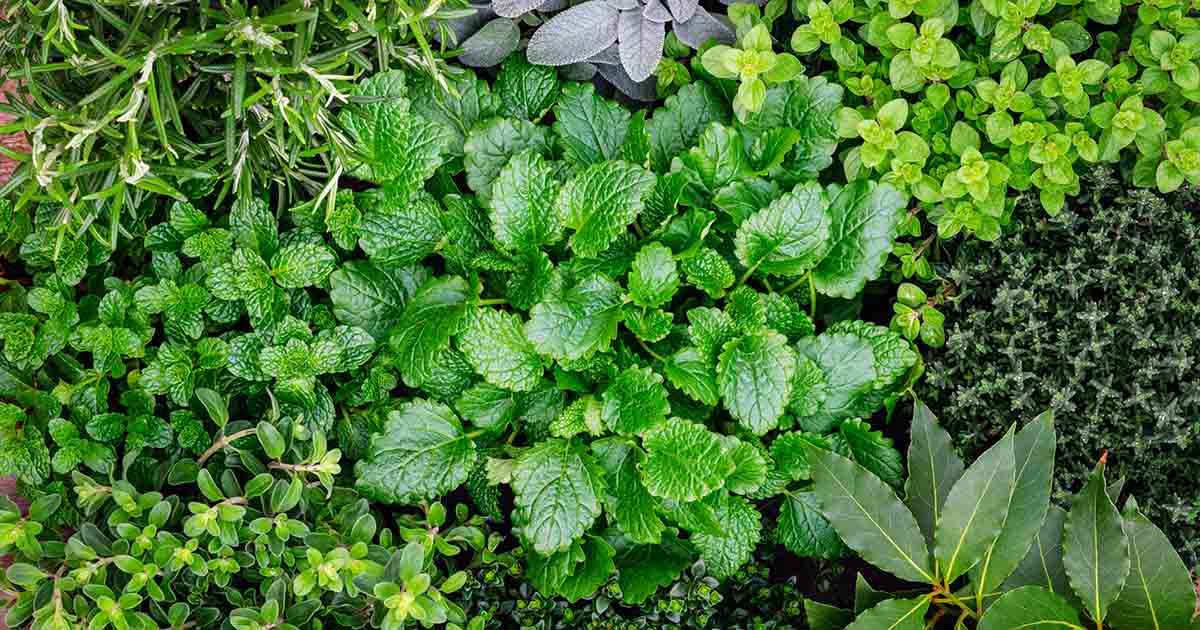
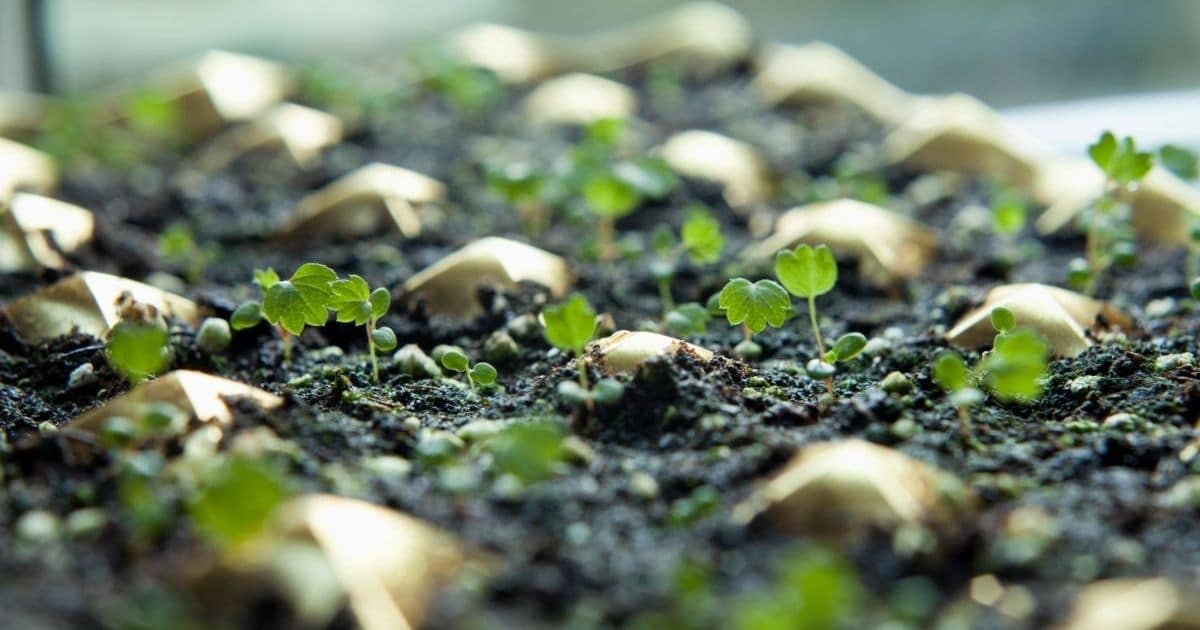
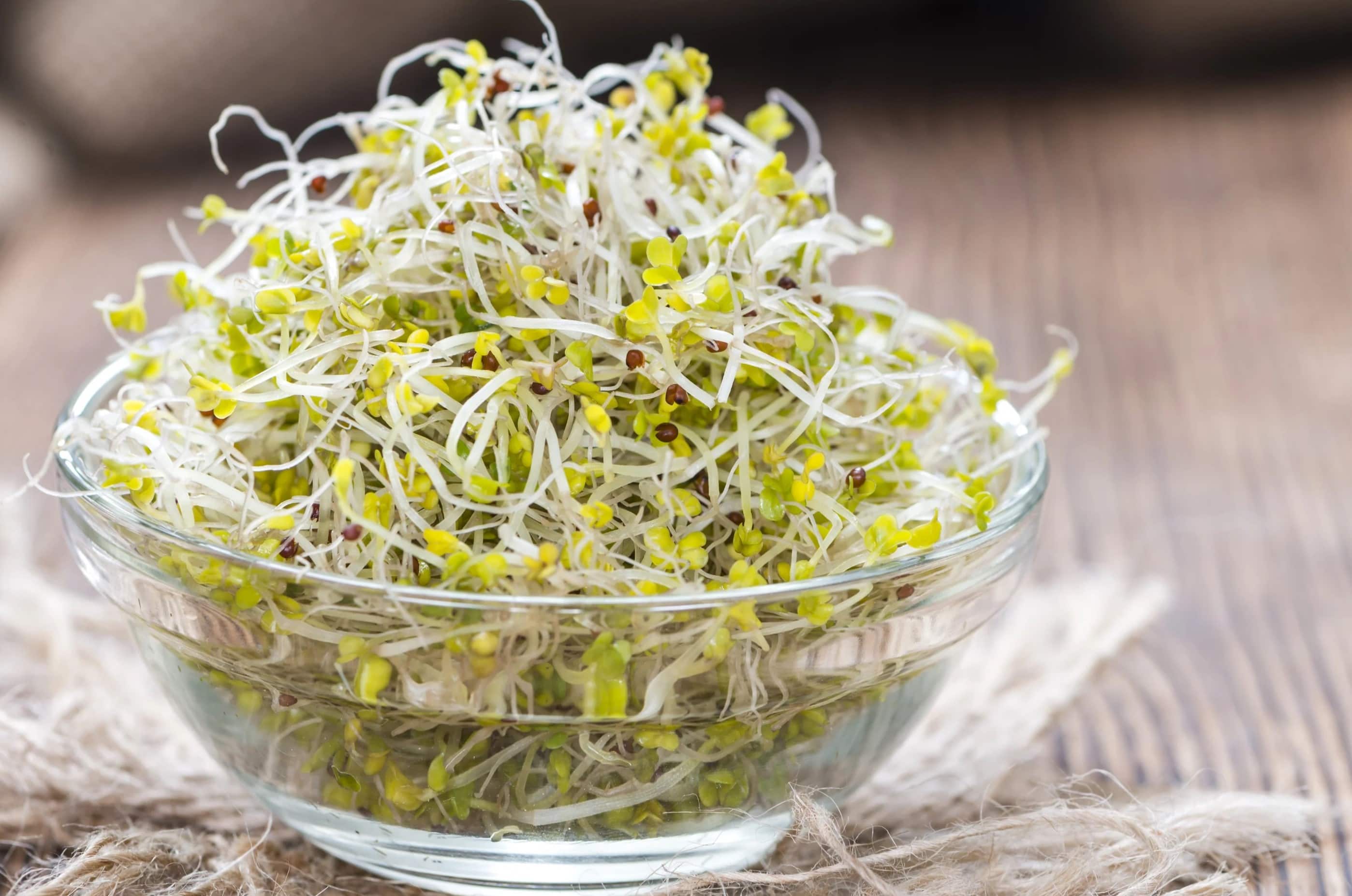
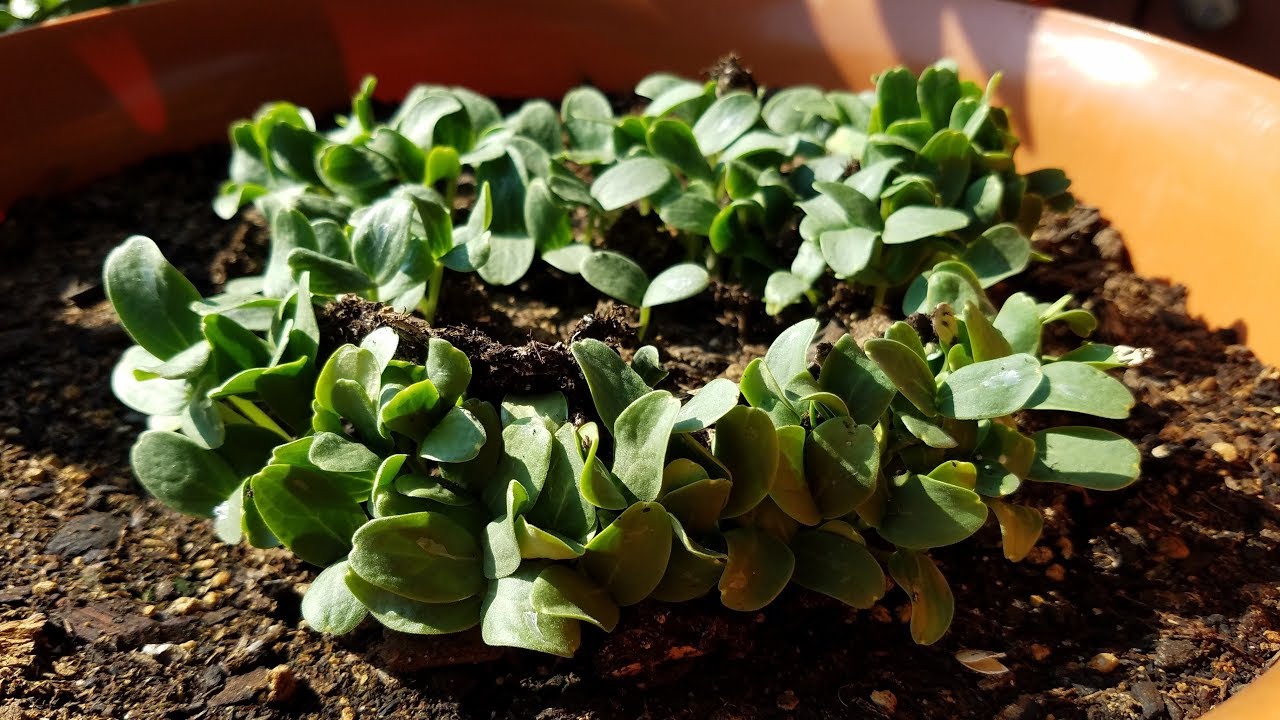
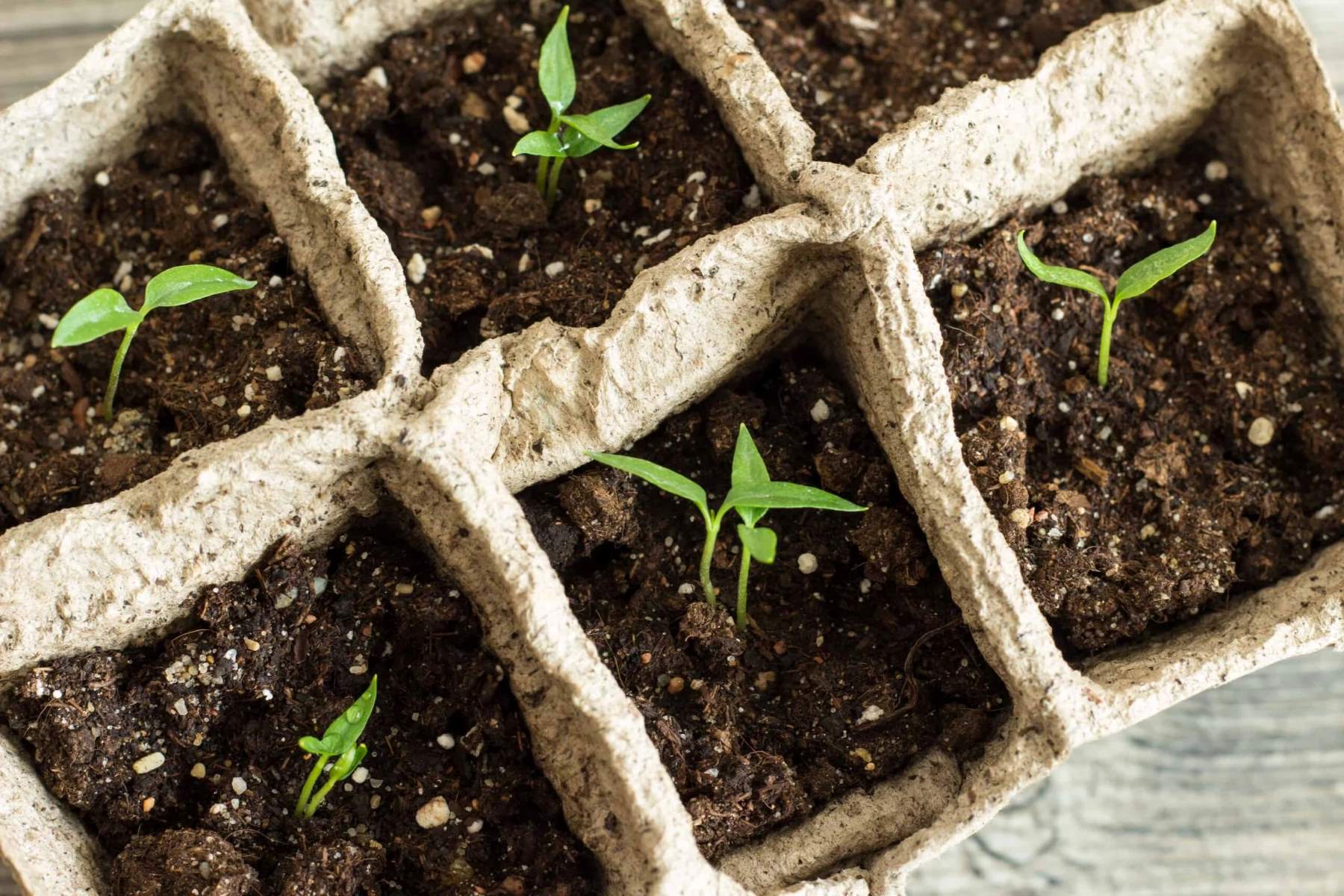
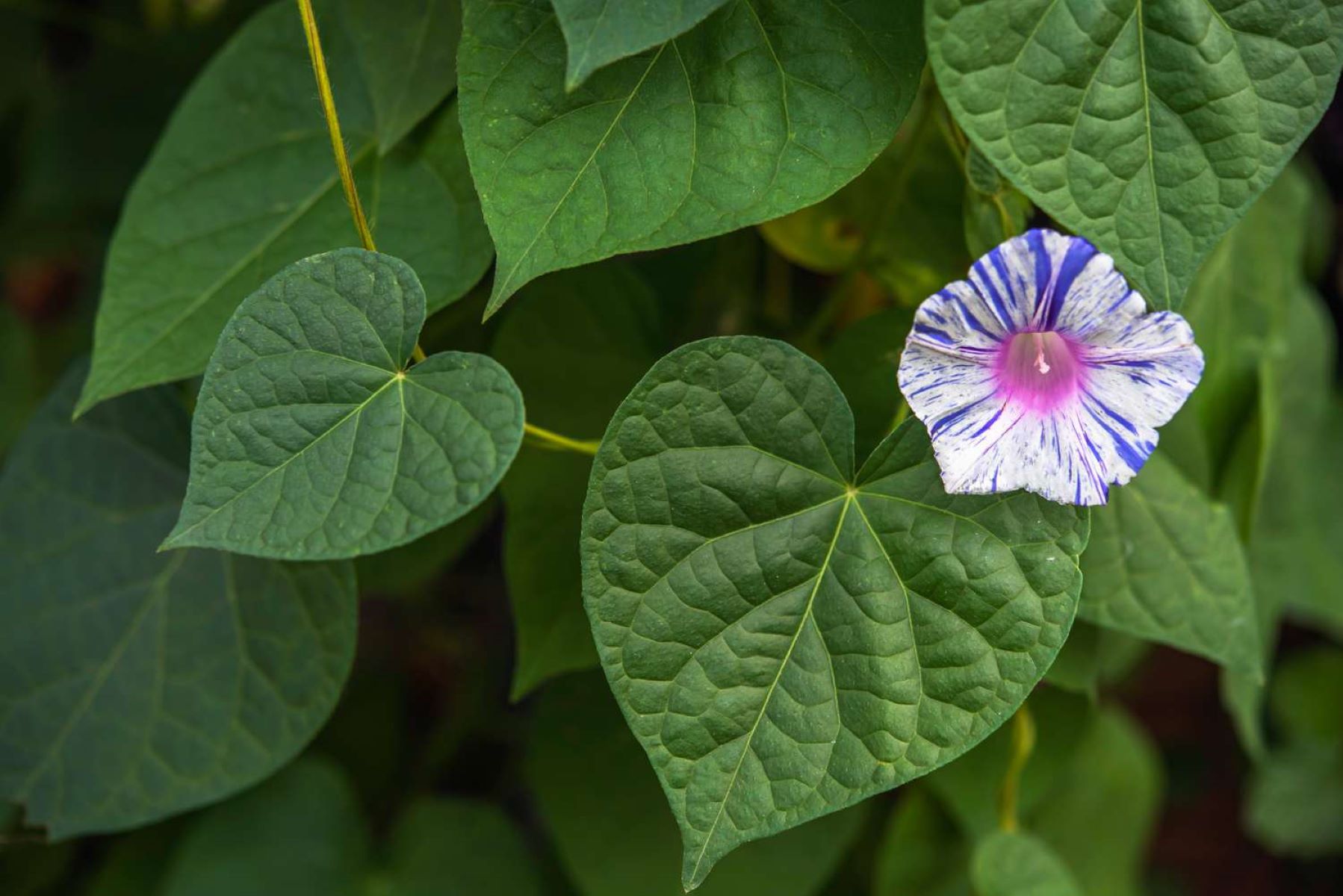
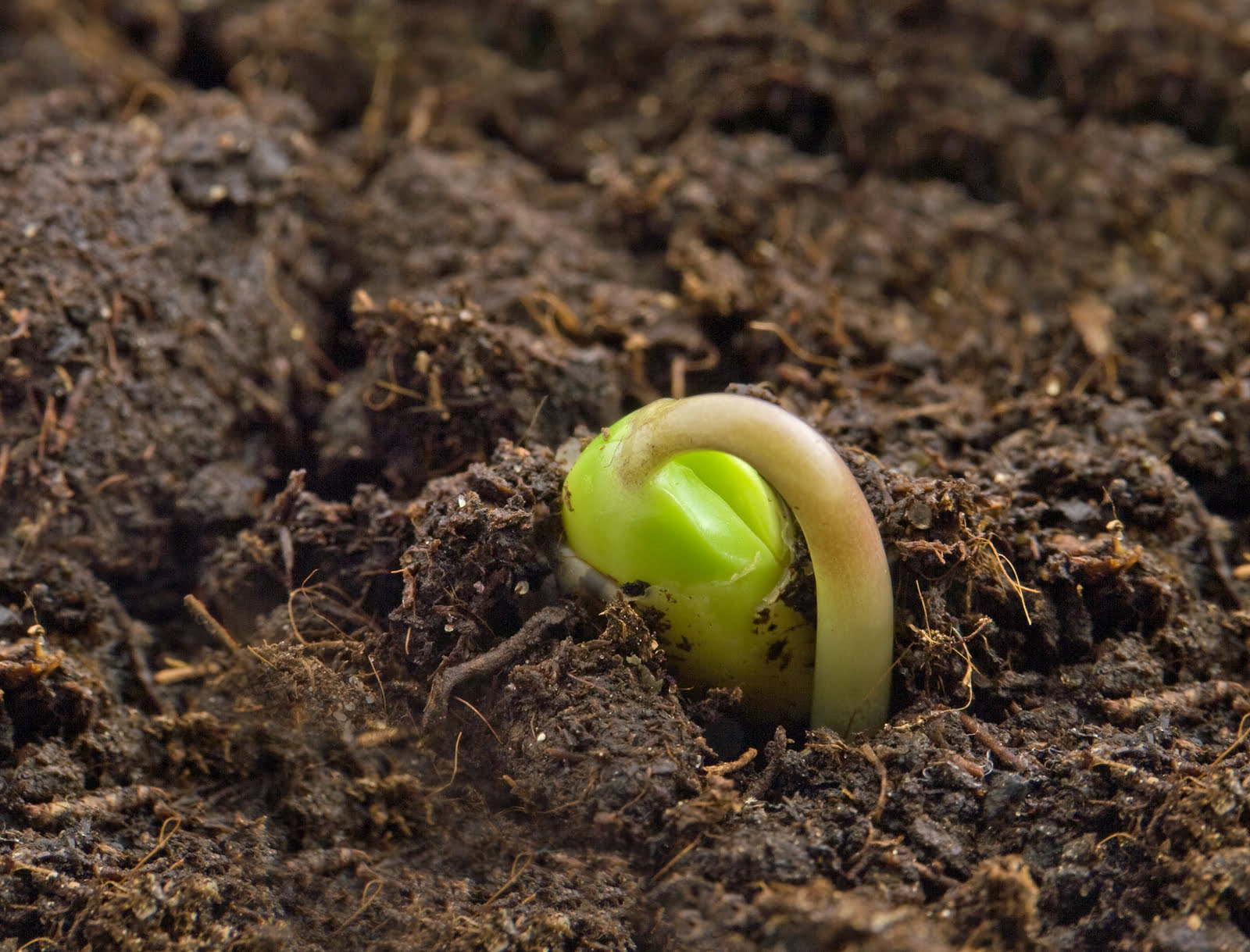
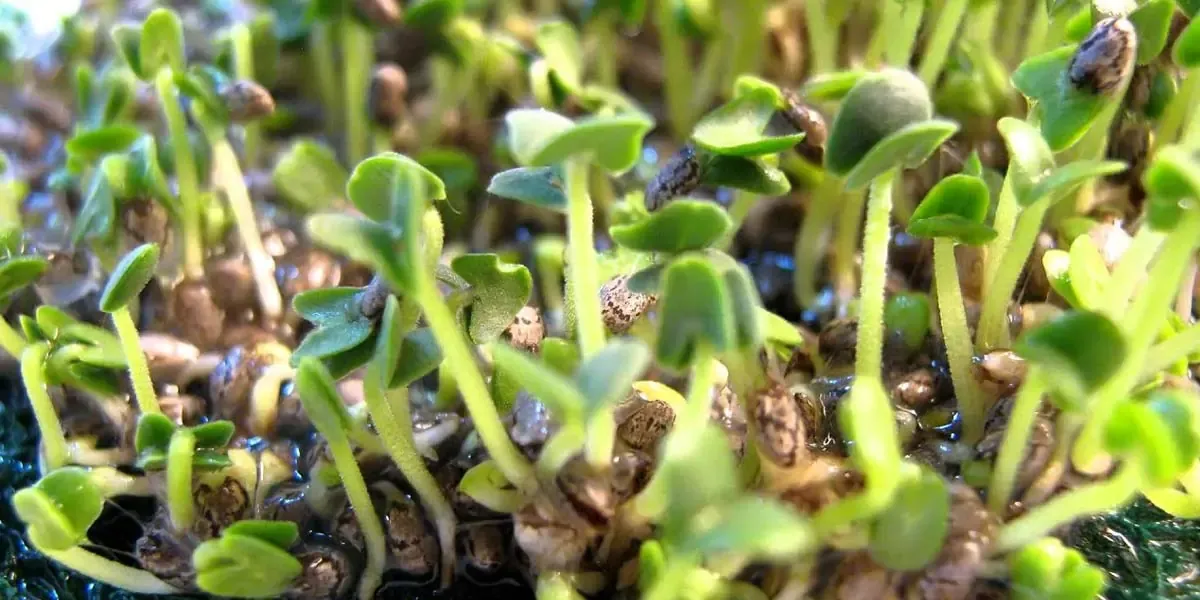
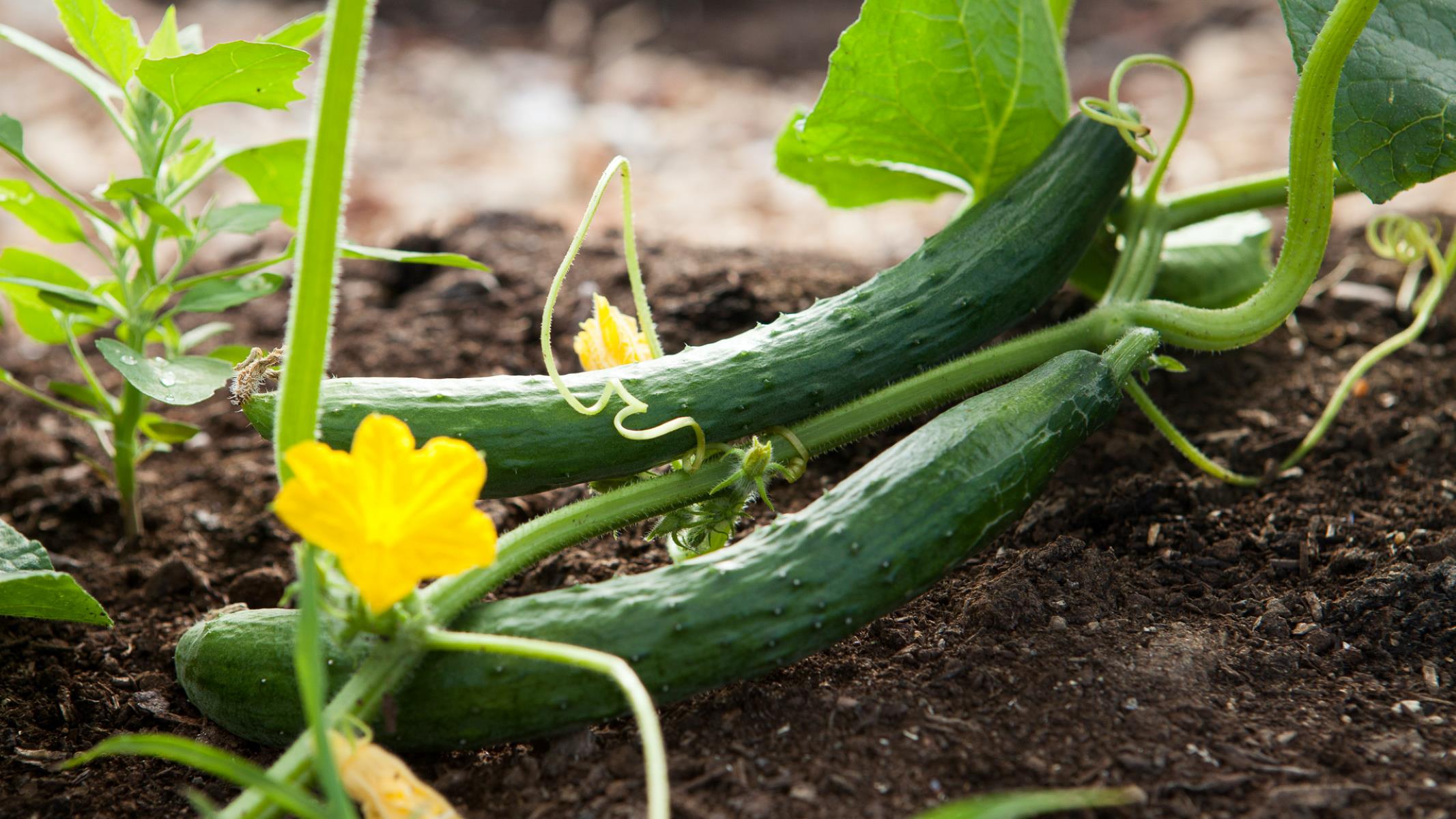
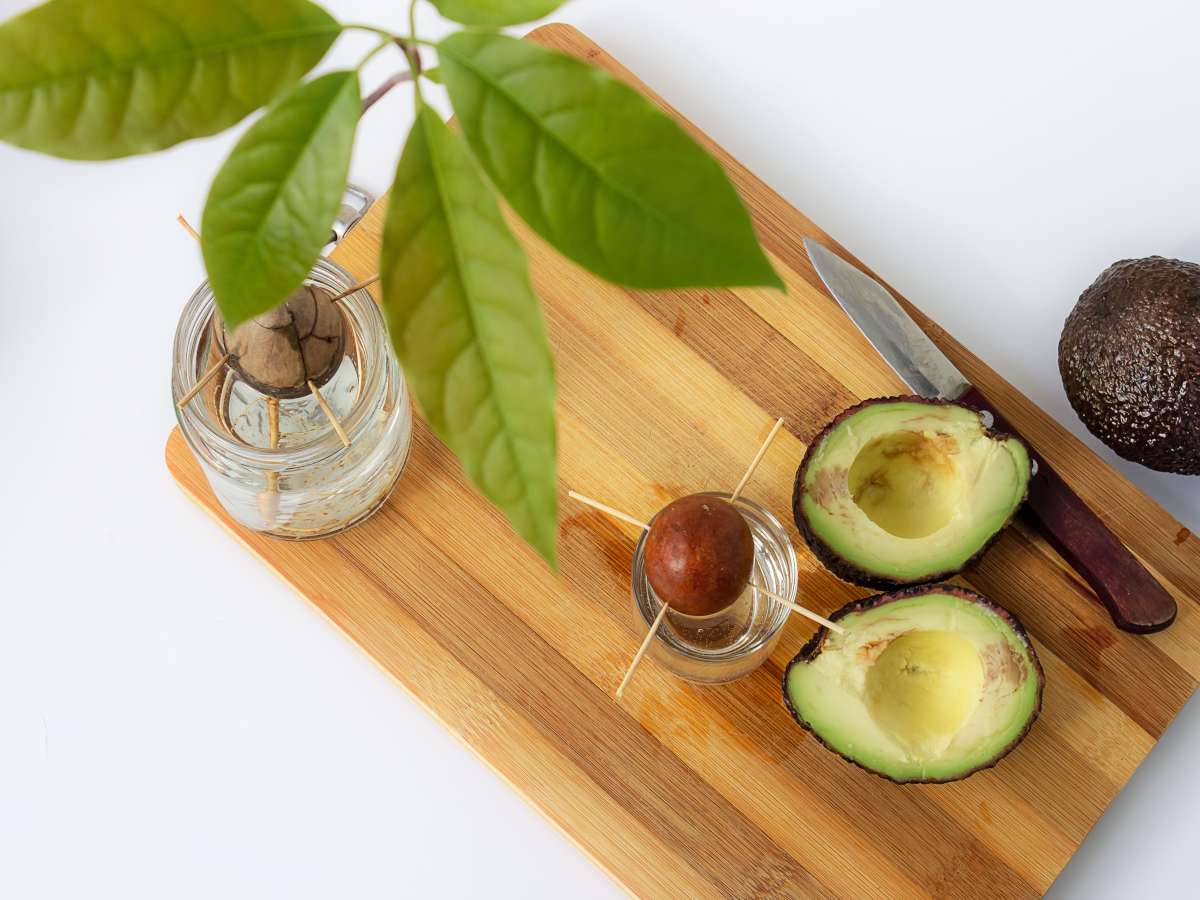
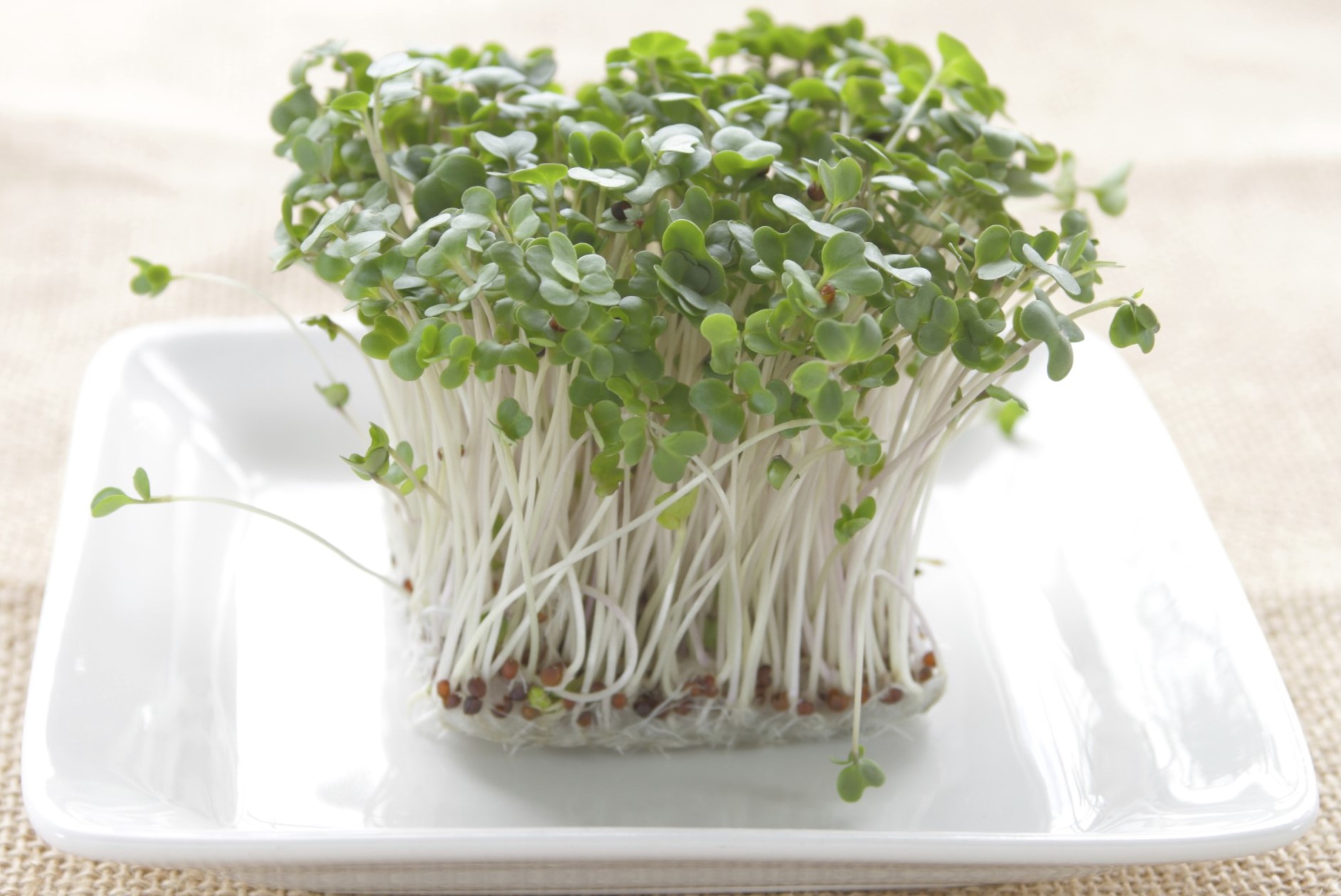
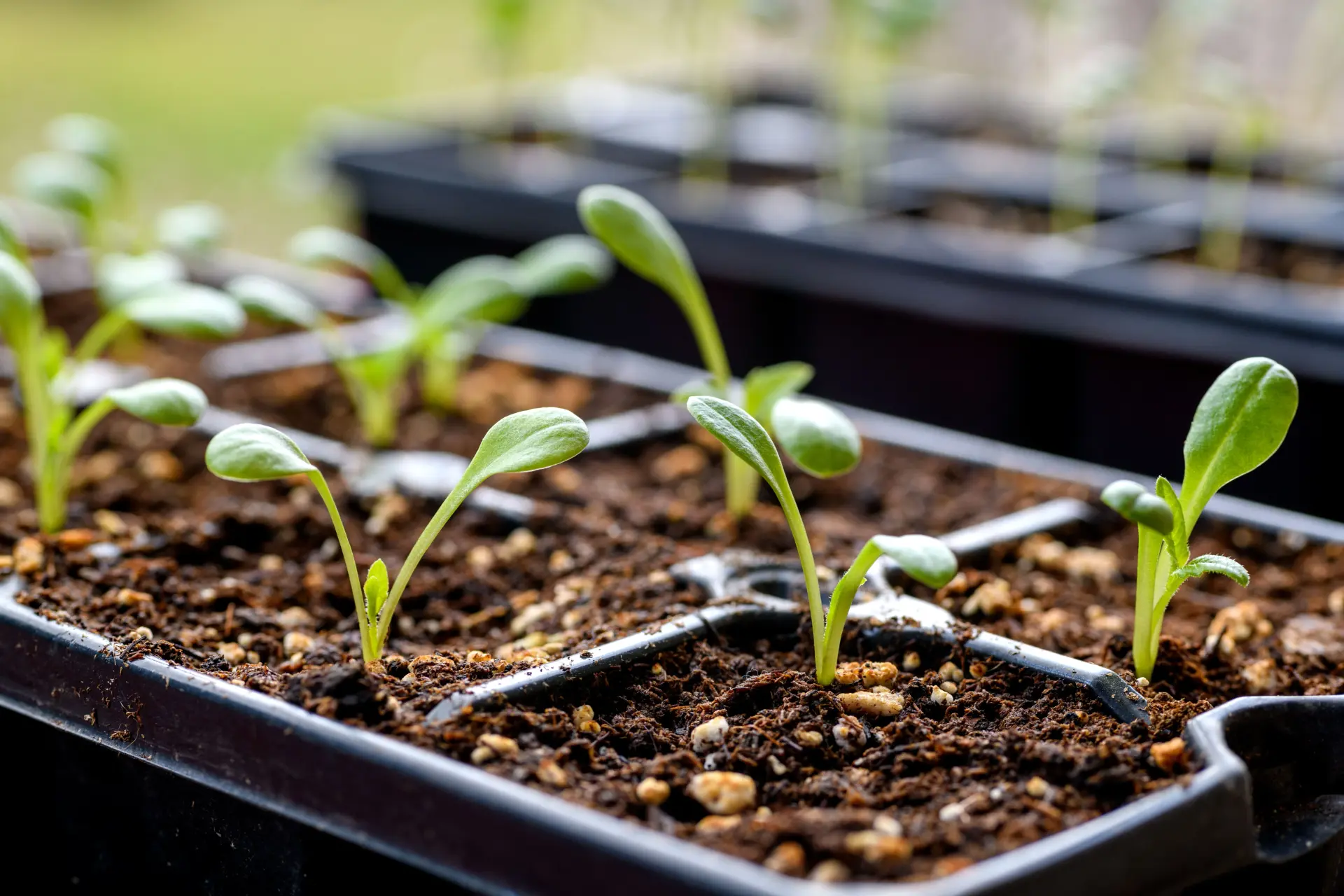
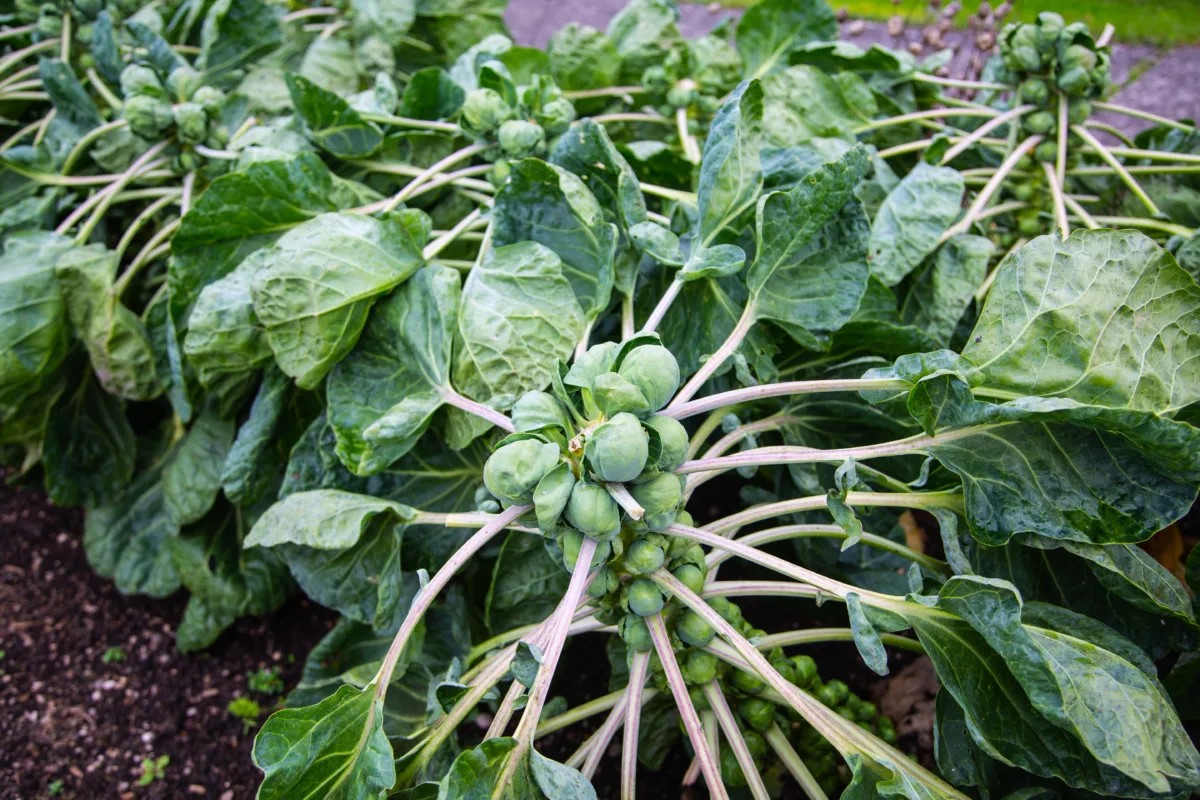

0 thoughts on “How Long For Bonsai Seeds To Sprout”